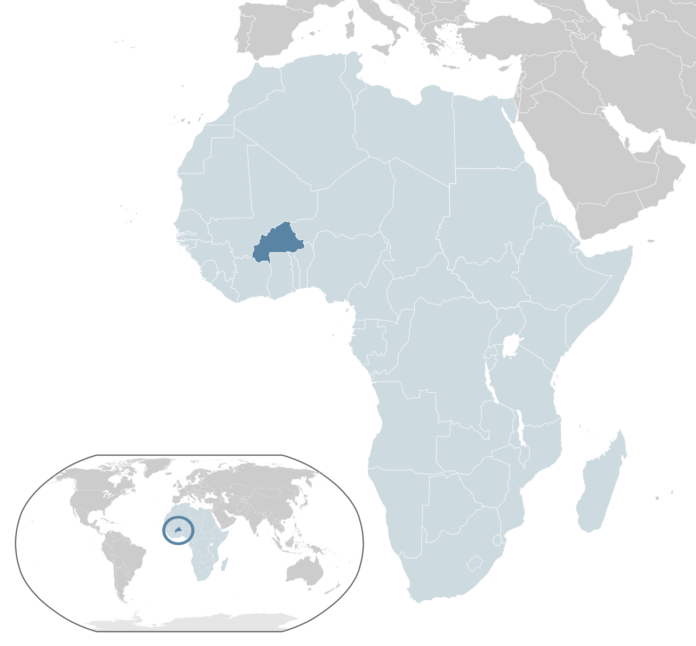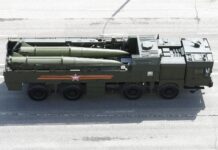Burkina Faso’s military junta has recently expelled three French diplomats, accusing them of engaging in destabilizing activities. This action is part of a deteriorating relationship with France, highlighting a strategic shift in Burkina Faso’s international alliances since Captain Ibrahim Traoré’s coup in 2022.
The expulsion comes amid a noticeable pivot from France towards Russia. This shift was symbolized by Russia’s reopening of its embassy in December after being closed for over three decades, followed by the expulsion of the French ambassador from Burkina Faso.
The junta has looked to Russia to enhance its military capabilities, especially for combating the jihadist threats that have long plagued the region. This new direction follows the junta’s decision to end France’s military presence in the country, closing a chapter on long-standing military cooperation.
The decision to declare the French diplomats persona non grata was issued with a 48-hour departure notice, detailed in a letter dated April 16. The specifics of the so-called subversive activities were not disclosed, but there are indications that the diplomats had interactions with local civil society figures.
France has rejected these allegations as baseless, with French foreign ministry spokesman Christophe Lemoine expressing disappointment over the junta’s decision, emphasizing the lack of valid reasons for such actions.
This expulsion is part of a broader pattern where the junta has shown little tolerance for dissent. Human rights groups have criticized the regime for harsh treatment, such as allegations of forcing critics to fight on the front lines against jihadists. The situation escalated last year when four French nationals were detained under espionage accusations—a claim strongly denied by France, which stated they were IT professionals.
In a severe incident reported by Human Rights Watch, over 220 civilians, including children, were massacred by Burkina Faso’s military in a single day. The detailed report highlighted attacks in the villages of Soro and Nondin, where soldiers accused villagers of aiding Islamist militants and executed many in retaliation.
The international community, including entities like the European Union and the United Nations, has raised concerns about severe human rights abuses by Burkina Faso’s military. These abuses include indiscriminate killings and enforced disappearances of civilians amid the ongoing insurgency.
Adding to the complexities, Burkina Faso has responded to international media coverage of these abuses by suspending outlets such as the BBC and Voice of America, accusing them of biased reporting. This action has been widely criticized as an attempt to suppress press freedom.
As Burkina Faso deals with its security challenges and reshapes its foreign policy, the expulsion of the French diplomats marks a clear move away from Western ties and toward forging new alliances, particularly with Russia. This reorientation is set to have broad implications for the geopolitical dynamics in West Africa.
Location highlighted in blue is where Burkina Faso is located.
Image is in the public domain and was created by Alvaro1984 18.










